French champion Tronet enjoying life on a grander stage
Fortuneo-Vital Concept rider makes belated WorldTour debut at Paris-Nice
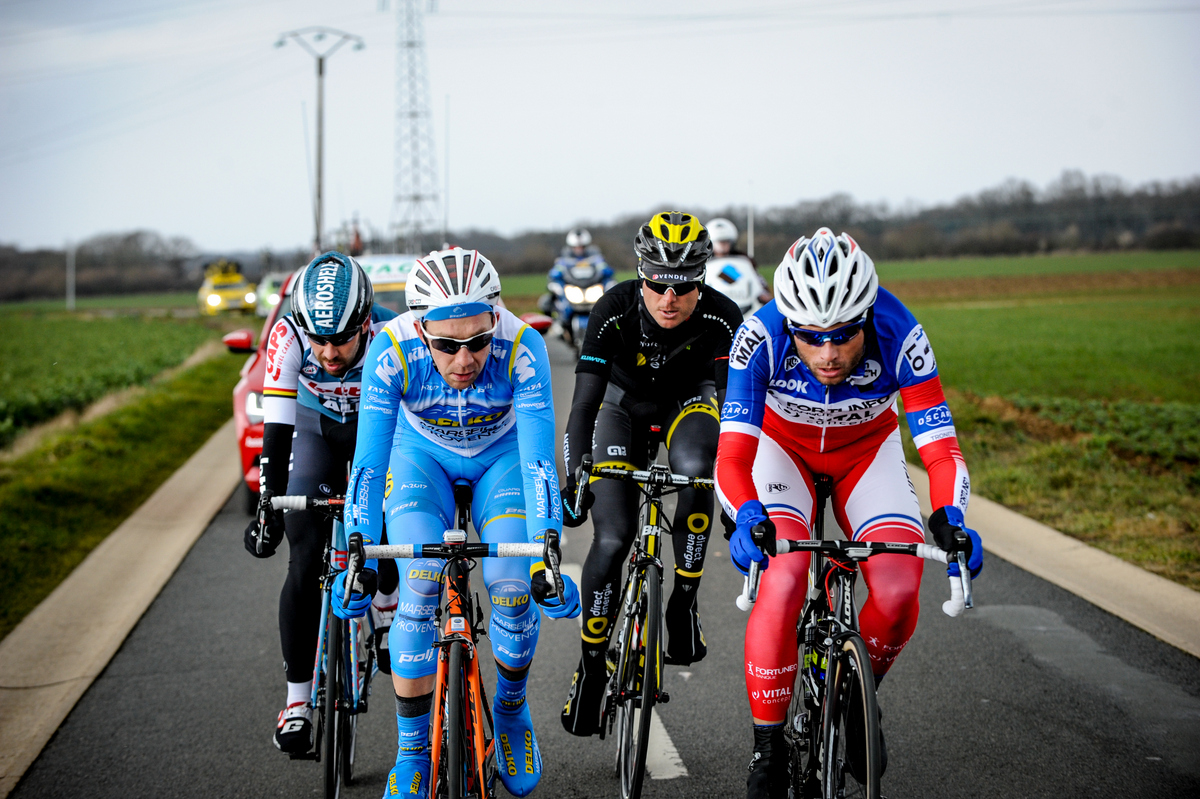
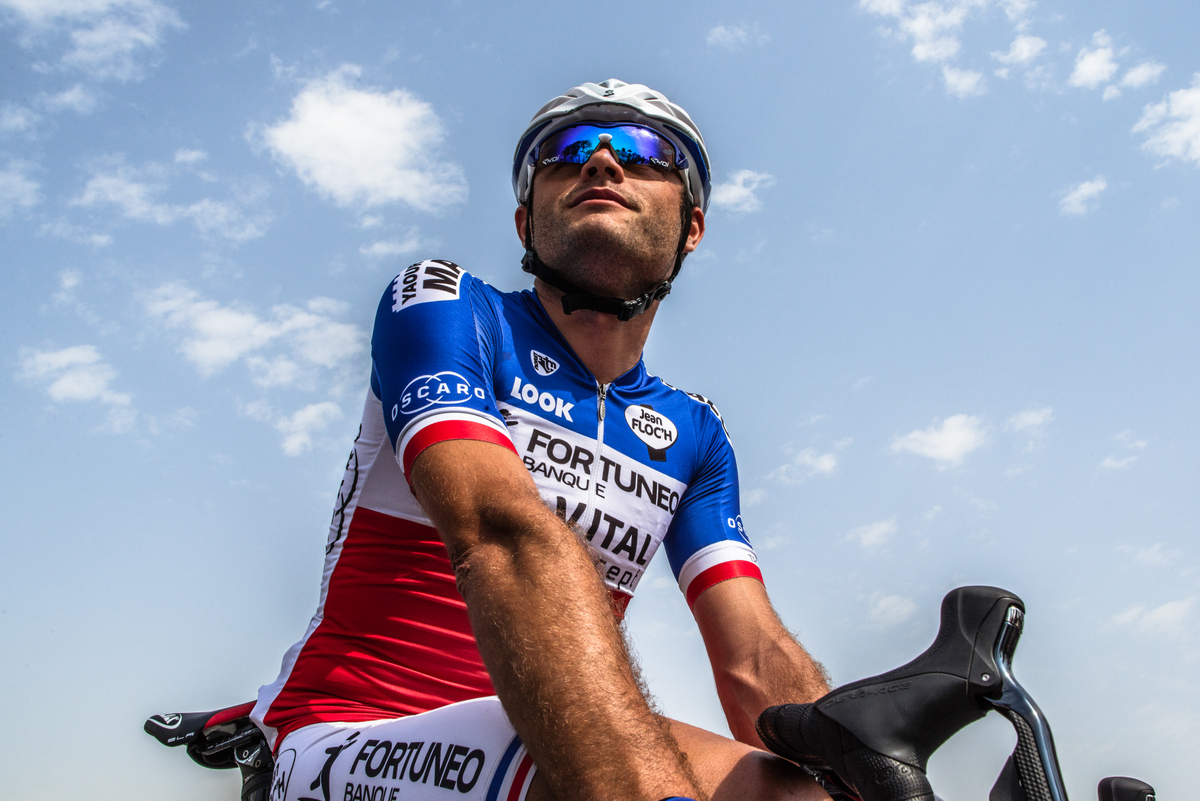
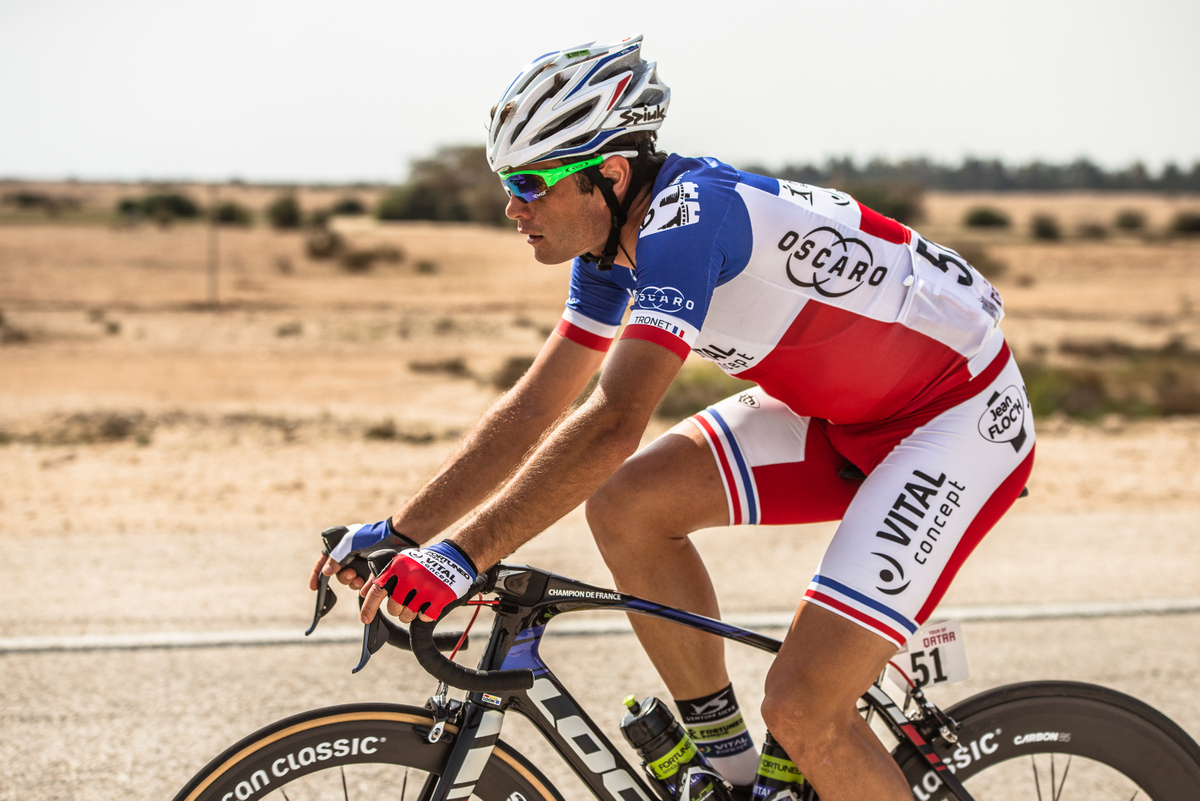
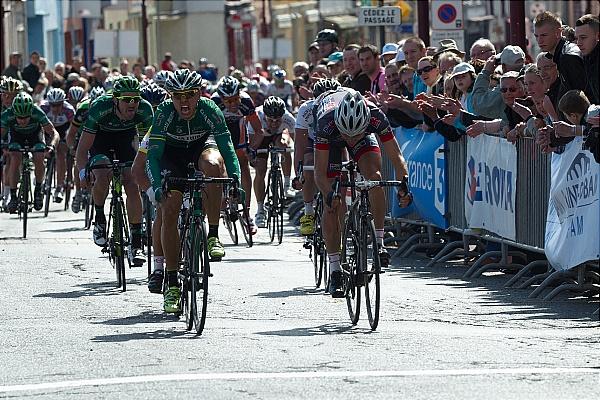
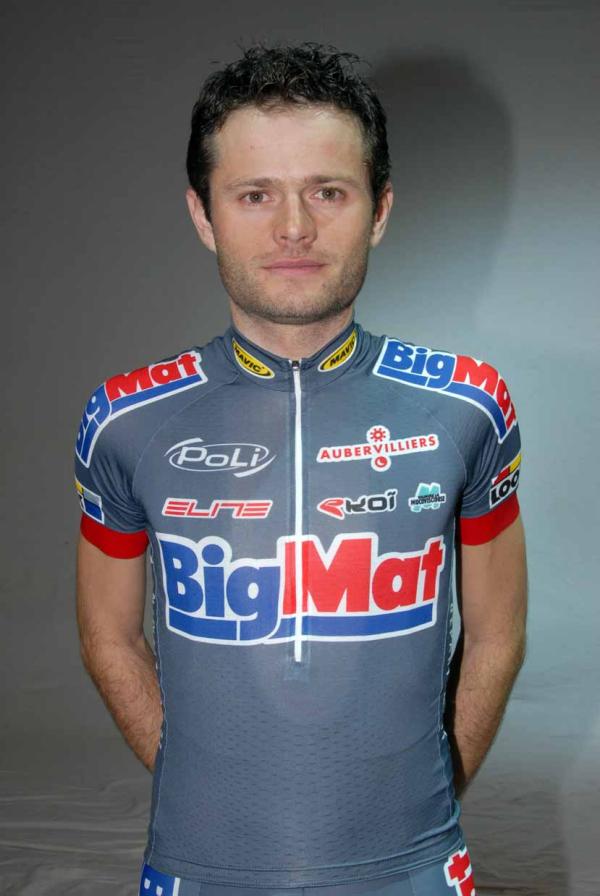
After a decade spent off Broadway, French champion Steven Tronet is finally getting the chance to act in grander auditoriums. Each morning at Paris-Nice, his Fortuneo-Vital Concept team plays its part in the day’s theatre by sending a rider up the road in the early break, and few will have approached the role with as much as relish as Tronet did on Monday’s opening road stage.
Although 29 years of age and a member of the French professional peloton since 2007, this week marks Tronet’s first ever appearance at Paris-Nice – or any WorldTour race, for that matter. Up until this year, he has raced exclusively on Continental teams – first Roubaix-Lille Métropole, then Auber 93 – and were it not for his surprise win at last June’s French Championships road race, he would likely have remained at that level in 2016.
Indeed, when Tronet penned a one-year deal with Fortuneo-Vital Concept late last summer, he was able to joke that it was the tenth successive twelve-month contract of his career. At both Roubaix and Auber 93, there was rarely any guarantee that the team would survive beyond the season, and Tronet subsisted on a combination of the minimum wage and win bonuses for most of his twenties. Most riders in Tronet’s position would surely have called time on their careers after four or five years without breaking into the big leagues.
“The salary was small, obviously, so you’d look to pad it out by riding criteriums and winning primes to gain money. That made it easier to get to the end of the month, but in any case, I reckon it’s better to ride your bike than to work in real life,” Tronet told Cyclingnews recently. “I still think cycling’s a nice life, you know? So I felt the longer I could stay a bike rider, the better.”
A native of Calais, it was to be expected, perhaps, that Tronet’s professional career would begin at VC Roubaix, where Cyrille Guimard was installed as manager, but his first major progression coincided when his arrival in the familial atmosphere of Auber 93 in 2012.
“I turned professional very young at Roubaix, when I was only 20 years old. When you’re in a small team it can be difficult to win races against big riders and big teams, because collectively you’re less strong,” Tronet said.
“On top of that, when I was a young rider, I didn’t do a lot of things well. But eventually I started winning ‘.2’ races and I progressed a bit. Then I started winning ‘.1’ races and I progressed a bit more. I arrived at the French Championships last year really at the very top of my form and I tried to do my maximum to win the race and, well, it worked out.”
The latest race content, interviews, features, reviews and expert buying guides, direct to your inbox!
As well as the advice of his directeur sportif at Auber 93, Guy Gallopin, who stressed the importance of details such as motor-pacing and massages after training – who said WorldTour teams had a monolopy on marginal gains? – Tronet credits meeting his wife, Aurélie, as an important turning point in his career.
“She’d often point out that I had the fortune to do something in life that I loved, and that I ought to do it to the very maximum of my abilities,” Tronet said. “She’s driven the car to motor-pace me in training, she’s done massages… She’s done everything to help me get to where I am.”
Like a good directeur sportif, it seems that Madame Tronet is also blessed with a keen sense of sports psychology, as her husband discovered when he would return home empty-handed on a Sunday night after spending the weekend away competing at a Coupe de France race at the other end of the country.
“If I went away to a race and came back without doing anything, she’d tell me I might as well have stayed at home!” Tronet laughed. “Seriously, when you don’t get results in a race it’s easy to be negative, and she made me reflect a lot. I’d go away, I’d make huge sacrifices, and then come back without a result. But psychologically, it’s enormously important to be reminded that, well, you go away from home to race in order to get results.”
Four years ago, Tronet swapped the cold of his native Pas de Calais to the warmer environs of Carcassone, though, as befits his status as an everyman in the professional peloton, the move was not made with more clement training weather in mind.
“No, not at all, it was for my wife. She found a job in Carcassonne, so I moved down too,” Tronet said. “But it’s worked out pretty well for my training as well.”
Changes
Tronet’s victory at the French Championships last June, which itself had been prefigured by a similar finesseur’s win at the Route du Sud, was about the closest thing that cycling has to an FA Cup upset, where a non-league team knocks out a top flight side. After beating Bouhanni, Bardet et al in the Vendée, for instance, Tronet’s next race, the Challenge d’Or in July, was at such a low-level that he couldn’t even wear his blue, white and red jersey.
“It’s an amateur race and the amateur champion was in the race too, so he was the one entitled to wear the jersey. That’s normal,” he said.
“After the French championships, I had a lot more solicitations, though in my daily life it hasn’t really changed me. I was more in demand for sports events and interviews, and I looked to oblige as many of them as I could so long as it didn’t affect my training. It was a pleasure, really.”
By season’s end, however, it was clear that Tronet’s unexpected win would be a life-changing one in some other respects: the French champion would move up from Continental level and effectively quadruple his salary. Although, rather surprisingly, his ‘local’ team Cofidis made no concerted effort to sign him, Tronet attracted interest from Ag2r-La Mondiale before eventually opting for Pro Continental outfit Fortuneo-Vital Concept.
“I wanted a team where I’d have a chance to try to win races and get my own results. I think Fortuneo was the team that offered me the best solution to try to keep winning races,” he said. “If I’d gone to a bigger team, I would have been an équipier for a big sprinter.”
Tronet has raced early and often in 2016, already showing off his French champion’s jersey at Tropical Amissa Bongo in January, the Tours of Qatar and Oman in February and then Belgium’s Opening Weekend. After Paris-Nice and a taste of the cobbles in April, Tronet is targeting success on home roads in May and a defence of his national title in June.
“The Four Days of Dunkirk is a big race for me personally: it’s in my back yard,” he said. “The French championship has harder course this year but I’m a puncheur-sprinter. Sure, there are 3,000 metres of climbing, but it’s all on short, steep climbs, and I like a hard race like that, with more of a selection.”
And, while Tronet’s perspective on cycling and life makes him a rather atypical bike rider, he does share at least one trait with all of his peers in the French peloton – a deep-seated desire to go to The Show.
Tronet couldn’t help but smile when he learned Fortuneo-Vital Concept had earned a wildcard invitation to the Tour de France. “It’s my tenth season as a professional, you know,” he said. “I’d like to ride the Tour, all the same.”

Barry Ryan was Head of Features at Cyclingnews. He has covered professional cycling since 2010, reporting from the Tour de France, Giro d’Italia and events from Argentina to Japan. His writing has appeared in The Independent, Procycling and Cycling Plus. He is the author of The Ascent: Sean Kelly, Stephen Roche and the Rise of Irish Cycling’s Golden Generation, published by Gill Books.